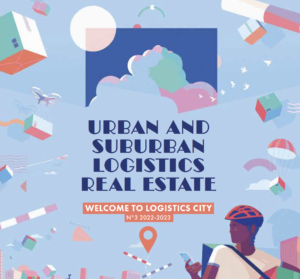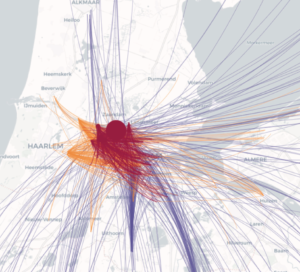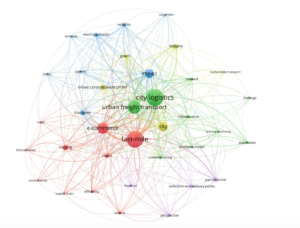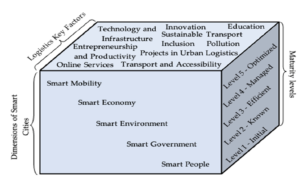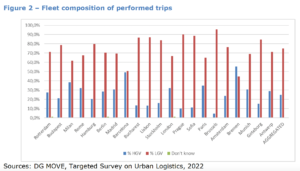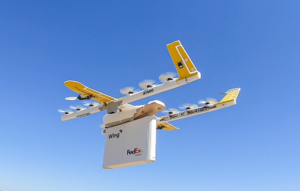Digital twin applications in urban logistics: an overview
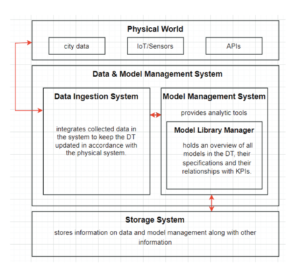
Urban traffic attributed to commercial and industrial transportation largely affects living standards in cities due to external factors like pollution and congestion. To counter this, smart cities deploy technologies such as digital twins (DT)s to achieve sustainability. Research suggests that DTs can be beneficial in optimizing the physical systems they are linked with. The concept …

